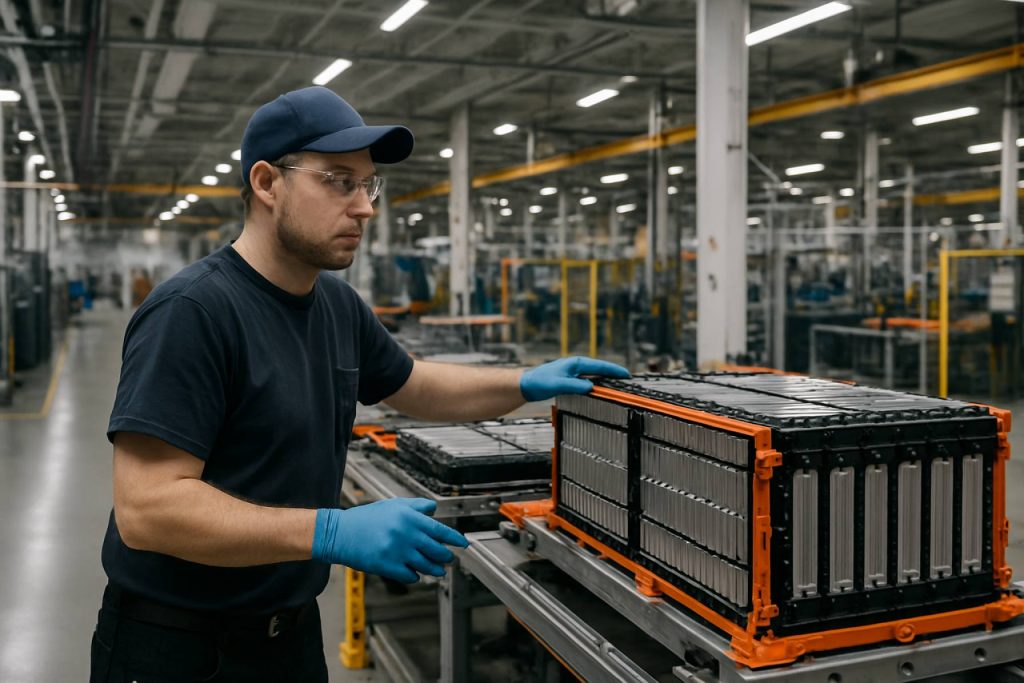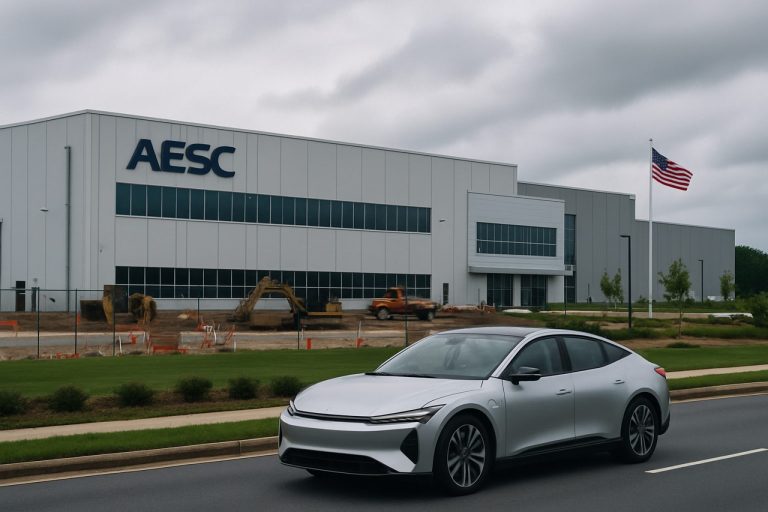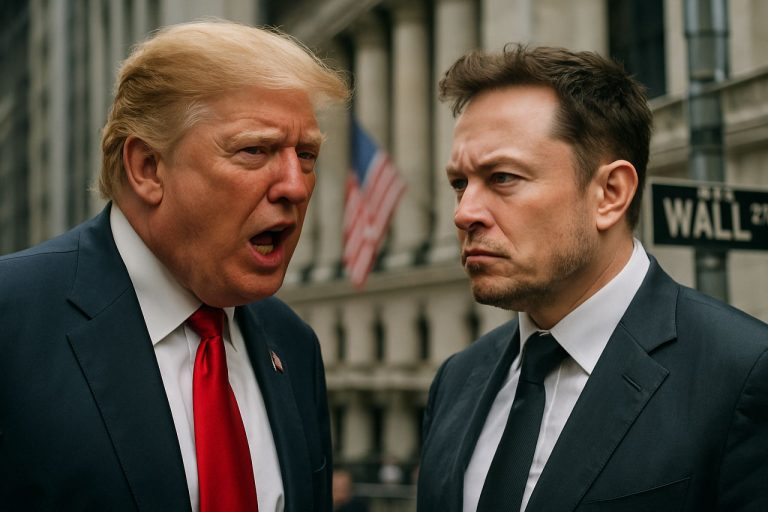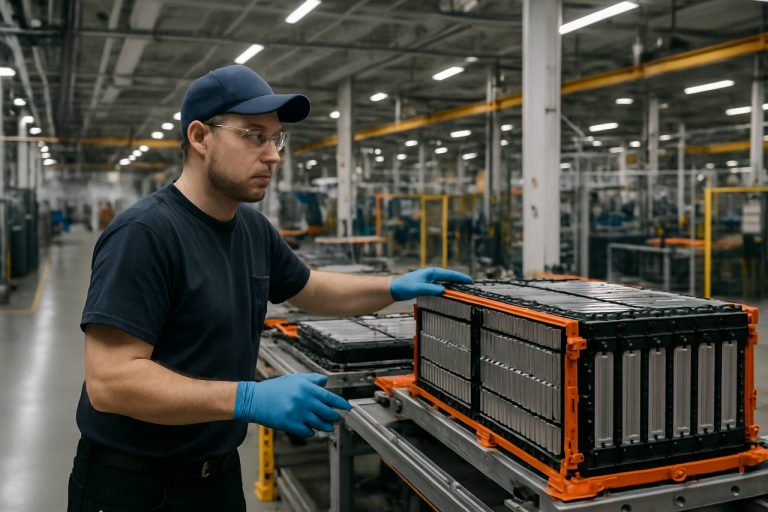
Electric Future on Pause: $1.6B South Carolina EV Battery Plant Halts Construction, Sparking Economic Uncertainty
The $1.6B AESC battery plant in South Carolina suspends construction, pausing hopes for 1,600 jobs amid policy and market uncertainty.
- $1.6 billion: Planned total investment in Florence facility
- 1,600 jobs: Promised new positions for the region
- Over $1 billion: Already invested before pause
- BMW: Key customer relying on battery supply
The drive to electrification hit a speed bump in South Carolina as AESC, a global electric vehicle battery leader, abruptly paused construction on its much-anticipated battery factory in Florence County. The $1.6 billion project, aimed at powering BMW’s thriving manufacturing hub in Spartanburg, has been placed on indefinite hold, throwing both job creation and the region’s economic growth into question for 2025 and beyond.
AESC cited “policy and market uncertainty” as the major factors halting the project. Despite pouring over $1 billion into the facility already, the company signaled that it must wait until industry and economic conditions become more favorable before resuming.
Why Did AESC Hit the Brakes on Construction?
Unstable market conditions and evolving policies are shaking the foundations of the electric vehicle industry. As federal incentives for EVs and batteries face shifting regulations, manufacturers like AESC struggle to plan multimillion-dollar investments confidently. Local sources reveal that the Florence plant’s future is now tied to how swiftly lawmakers and markets stabilize for clean energy investments.
How Does This Impact the Local Economy?
The plant promised an economic boom—1,600 new jobs, increased activity for suppliers, and a ripple effect benefiting countless families. Now, Florence County, a region primed for high-tech growth, faces uncertainty and delayed momentum. Business leaders warn that such delays can scare off future green investments, underscoring the need for clear, supportive policies.
The move also throws a wrench into BMW’s electric vehicle plans, since the Spartanburg facility relies on AESC’s advanced battery cells for its next-generation EV lineup. For more on BMW’s broader automotive strategy, visit BMW or check updates from the U.S. Department of Energy.
What Does This Mean for Electric Vehicle Buyers in 2025?
Shoppers may see ripple effects in EV availability, model rollouts, and possibly pricing. With domestic battery production halted, BMW and other automakers might turn to overseas suppliers, potentially stretching supply chains and timelines. The uncertainty reinforces the importance of tracking industry updates via trusted sources such as Reuters and Bloomberg.
How Can South Carolina Move Forward?
- State officials are working closely with AESC, urging swift resolution of policy hurdles and offering support to anchor the investment.
- Industry insiders suggest ramping up incentives and streamlining regulations to signal long-term confidence to global investors.
- Economic development advocates stress the need for bipartisan action to guarantee the security of such high-impact projects in the South.
Q&A: Your Biggest Questions Answered
Q: Will construction restart soon?
A: AESC intends to finish the plant once conditions stabilize, but no timeline is set.
Q: What will happen to the jobs?
A: 1,600 promised jobs hang in the balance until the project resumes.
Q: Are my EV plans at risk?
A: Delays may affect BMW’s local EV production, but alternative supply options are being explored.
What Should You Do Next?
Stay informed. Demand action. Support investment in America’s clean energy future.
Checklist for South Carolina Stakeholders:
- Monitor AESC’s updates and state policy changes closely
- Engage with local leaders and business groups advocating for EV growth
- Track federal and state incentives for clean technology projects
- Support continued education and workforce training in emerging industries



